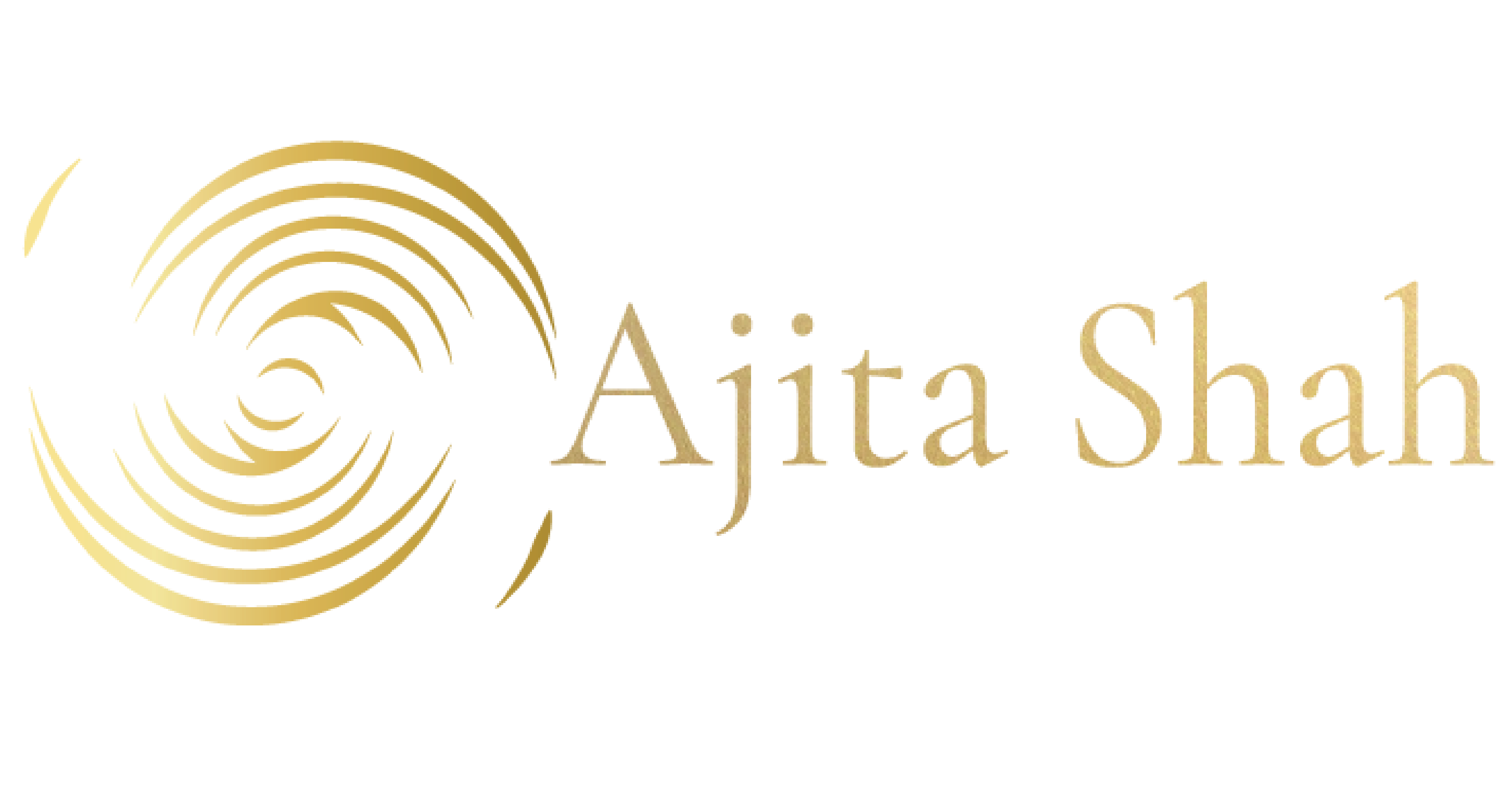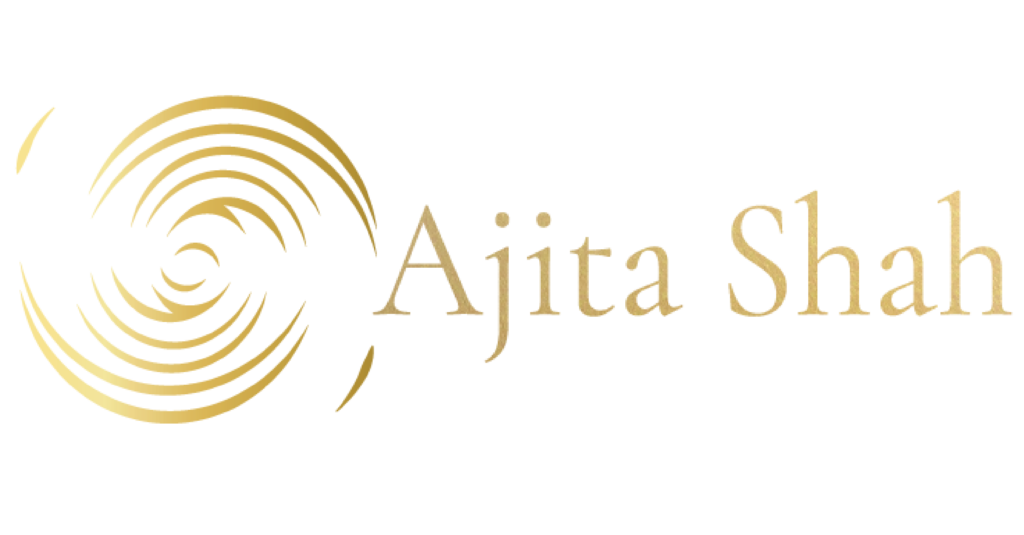Self-Reflection
What is self-reflection?
Self-reflection is the process of thinking about one’s own thoughts and experiences in order to understand them better and gain insight. It’s not uncommon to experience something unusual that often makes you feel uneasy or get upset. Probably you lost your temper or got involved in a fight that made you feel low. If you have been in this situation, then self-reflection can help you to find out the real reason for your reaction and help you find a direction. The best thing about self-reflection is that it instantaneously provides you with a resolution rather than simply pondering on and judging yourself for a long time. Self-reflection helps you cross over that bridge and move on and simultaneously let you know what influenced you and what made you react in a certain manner.
Upon self-reflection when you realize what made you feel bad, you can then decide not to repeat that behaviour in the future. Always give yourself comfort and compassion and be forgiving to self and others. This will help turn negativity into positivity. After the self-reflection activity if you realize that something made you feel bad then you can decide not to land yourself in a similar situation in the future and provide yourself with some comfort and compassion for feeling yourself in a bad way. This way you can turn the negativity into positivity.
Self-reflection is a tool that teaches you to let go and learn about things that make you feel happy. It helps you understand how to fix the difficult situation and also helps you understand how to keep difficult situations at bay.
Some of the ways by which self-reflection helps are as follows.
- Staying calm and composed – Difficult situations often evoke strong emotions, but it is important to remain calm and level-headed in order to think clearly and make well-informed decisions.
- Helps identify the root cause- By understanding the underlying problem self-reflection helps you find a solution that addresses the source of the difficulty.
- Seek help if necessary- As you introspect/ self-reflect, After the self-reflection activity if you feel you need support and advice, from a trusted friend, mentor, or professional then go for it, don’t be afraid.
- Considering all options- Self-reflection provides a platform for brainstorming different approaches to the situation and weighing the pros and cons of each before making a decision.
- Communicating effectively- Self-reflection aims at clear, concise, and empathetic communication that helps defuse tensions and foster understanding and cooperation.
- Being flexible- Be open to changing your approach if circumstances change or if a different approach is needed.
Importance of self-reflection
Self-reflection is useful for problem-solving and decision-making- By reflecting on past experiences and the decisions that were made, individuals learn from their mistakes and make better decisions in the future. Reflecting on past experiences also helps individuals identify potential obstacles and challenges that may arise in the future, and to develop strategies for dealing with them by developing new skills, values, and perspectives.
How is self-reflection done?
Self-reflection is done in various ways, such as by writing, speaking, or even through art. Journaling or writing a reflection paper is a common method of reflection, where an individual writes about their experiences and what they have learned from them. Another way is through speaking with a friend, family member, or therapist, where the individual shares their experiences and gains insight from others.
How does self-reflection help us connect with our inner self?
- Self-reflection empowers you to identify patterns in your behavior and thought processes, which leads to greater self-awareness. This increased awareness of yourself is then used to make positive changes in your life. For example, if you realize that you tend to be overly critical of yourself, you will be able to work on developing a more positive inner dialogue.
- With the knowledge of self-reflection, you will understand your emotions better. When you take the time to reflect on your feelings, you tend to gain insight into what triggers them, and how to cope with them in a healthy way. This will lead to greater emotional intelligence, which will help you navigate difficult situations with more ease.
- Self-reflection equips you to establish a connection with your inner self by providing various viewpoints. while providing a sense of various viewpoints. When you reflect on your experiences, you will gain a broader sense of your place in the world, and your role in it.
- Finally, self-reflection enables you to understand yourself as well as the people around you. By taking the time to reflect on your thoughts and emotions, you will gain a sense of clarity, which will help you to feel more centered and grounded which ultimately provides a sense of peace and tranquillity.
Ways to make reflection a habit
Self-reflection is a powerful tool for personal growth and development, but it is difficult to make it a habit. Here are some ways to make reflection a regular part of your routine:
- Set aside dedicated time for reflection- Choose a specific time of day, such as the early morning or late at night, when you will focus on your thoughts and feelings without distractions. Make sure to set aside enough time to fully engage in the reflection process.
- Find the right place- Choose a place that is quiet, comfortable, and where you will focus on yourself such as a park, a quiet room, or even your bed, as long as you feel comfortable and relaxed.
- Use prompts- To help guide your reflection, consider using prompts such as journaling prompts, guided meditations, or even reflective prompts. This will help to focus your thoughts and provide a starting point for your reflection.
- Reflect on different aspects of your life- Reflect on your thoughts, emotions, behaviors, and experiences, as well as on your relationships, work, and personal goals.
- Seek support from experts- Experiment with different methods or talk to a trusted friend or therapist. You may find that the company of an expert works better for you.
- Reflect consistently- Make it a point to reflect regularly, even if it’s only for a few minutes each day. Consistency is key to make it a habit.
- Reflect with gratitude- As you reflect, take a moment to be grateful for the experiences, people, and things you have in your life. This will help to shift your focus to the positive aspects of your life.
By following these tips, you can make reflection a regular part of your routine and reap the many benefits that come with it. Remember that making reflection a habit takes time and practice, but with patience and persistence, you will make it a valuable tool for personal growth and development.



Leave a Reply